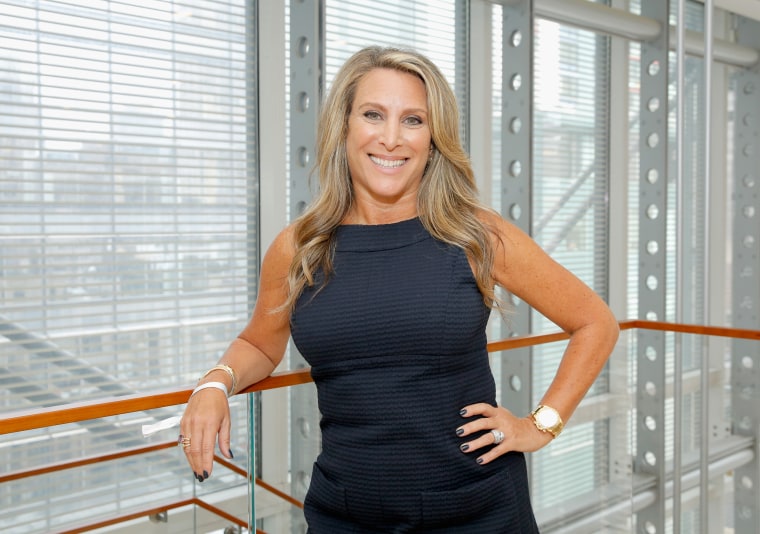Despite initiatives to grow the presence of women in tech, progress in gender parity has been slow. Women are not entering tech in droves, but trickling in at a snail’s pace.
This year's AnitaB.org report, which tracks women technologists, found an increase of just 1.08 percent so far in 2018 — less than 2017’s growth of 1.2 percent. Overall, women currently hold 24 percent of technological roles in the 80 companies that participated, a list that included mega corporations such as Amazon, IBM, and Salesforce.
What’s behind the decline in growth? In addition to the pervasive “bro” culture and a lack of mentorship programs for women, the #Metoo and #TimesUp movements may be factors: Half of male executives are hesitant to be alone with women, even in professional settings, according to a survey by LeanIn.Org and Survey Monkey.
The survey, released with the February announcement of LeanIn’s #MentorHer campaign, found that almost half of male managers are uncomfortable participating in common work activity with women, whether that’s mentoring, working alone, or socializing. Nearly 30 percent of male managers are uncomfortable working alone with a woman (almost double than previous research found), and 16 percent of male managers are uncomfortable mentoring women (up from 5 percent). Senior men are 3.5 times more likely to hesitate to have a work dinner alone with a junior-level woman than they are with a junior-level man, and five times more likely to hesitate to take a work trip with her.
“Here you have evidence of the fact that men are very hesitant to engage with women on everyday workplace activities, which is to a woman's detriment because we need these touch points with men, as they are mostly the leaders,” said Avery Blank, a speaker and leadership expert on issues related to women, careers, and policy. “Women need access to influence and to those who yield power appropriately. That's a reason for the lag in growth.”
What men in power need to understand is that #MeToo and #TimesUp isn’t a “a zero sum game,” as Blank puts it, adding, “Women speaking up does not lessen the power of men, it's about making sure women's voices are equally heard and valued. We go back to what feminism and women's equality is. It's not revenge against men. It's just having equality.”
If male managers are reluctant to be alone or off the clock with women juniors, that calls into question what exactly these men are worried about: the chance of a woman interpreting an encouraging pat on the shoulder as a come on, or their own potentially sexist or intimidating behavior? That’s a question for the men at the helms to ask themselves — but in any case, a more formalized way to mentor a woman is a good idea. This can happen through a sponsorship program.
“Sponsorships are different than mentorships or the traditional going for drinks with a boss,” said Michelle C. Russell, VP, programs at Anita B.org. “It's more official, with senior leaders advocating for women, and is a way that does not put people in a precarious position because it's all within a work context.”
Tech companies at the top in terms of retention of women have sponsorship programs, Russell notes. “It's important women highlight issues that occur, and having a formalized sponsorship program takes away some of the concern around informal messaging that folks have used more traditionally.”
Tech companies also need to insist that their CEOs do their part in rewriting the rules — rules that “were written by men for men,” said Shelley Zalis, CEO and founder of The Female Quotient.
“We need to be perpetuating a culture of security, safety, and belonging where everyone feels equal and important," said Zalis. "Bro culture isn’t comfortable for women. We see tremendous drop off at entry level."
Sue Metzger, faculty director, VU Women in Tech at Villanova School of Business, sees this firsthand with students who return from exciting summer internships at tech firms that left them feeling excluded.
“There’s a lot of parity in the school, but then in the real world, [women] students will say of internships, ‘It was three or four male interns and then me’,” said Metzger.
“There is urgency for this field to reflect our society — and right now it doesn't,” said Russell. “Once we see more companies replicating the structures that work, these movements will take on momentum. But we need to keep holding folks accountable to shift the needle.”
